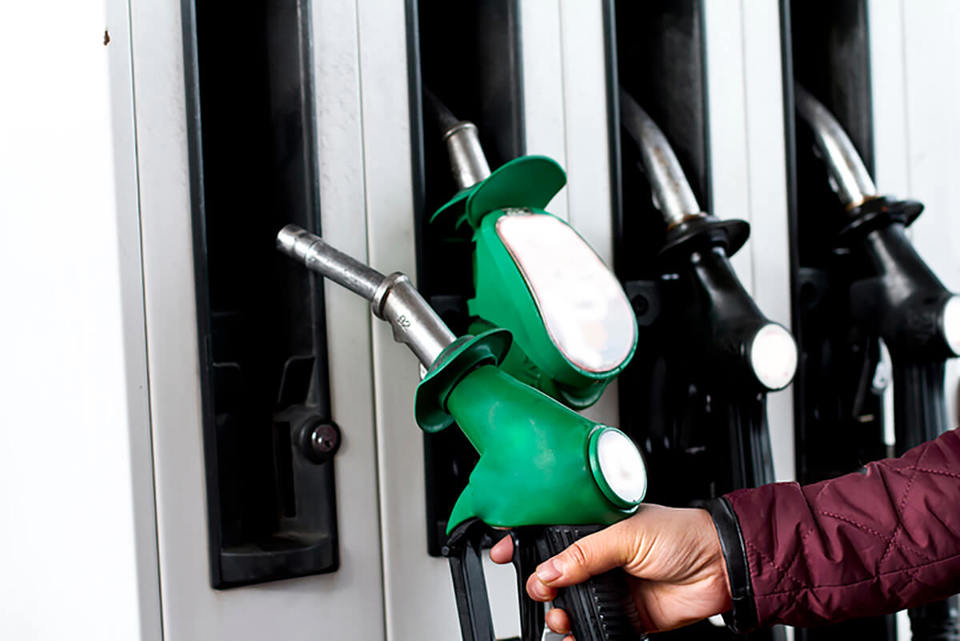Fleet operators could see their choice of diesel products reduced over the next few years with some car manufacturers turning their back on the fuel in mainstream products.
Manufacturers, such as Toyota, believe new regulations on emissions will soon tip the balance in favour of petrol engines. But rivals remain committed to diesel engines and some, including Mazda, have placed significant investment in new diesel technology.
Executives at Toyota believe recent advances in petrol combustion technology pose a threat to the dominance of compression-ignition units and have already introduced a petrol-only policy on smaller models.
They also think the combined effect of higher fuel prices and the next set of rules governing tailpipe emissions are set to present major marketing problems for the workhorse motor famed for its reliability and longevity.
“For a growing number of manufacturers, the petrol-electric hybrid represents the growth area of the future and our forecasters believe we will be selling more hybrids than diesels before 2016,” said Toyota GB managing director Jon Williams.
Back in 2006, diesel power featured in 40% of Toyota’s UK market line-up of cars, but the proportion had slipped to 24% by the end of last year.
“There’s no doubt diesel will continue to be central to our offer on vehicles like the Rav4, Land Cruiser and Hilux for a long time to come, but all the signs are that it faces playing a diminished role in our other passenger cars,” he said.
“The stringent requirements we expect to come in the Euro 6 legislation in 2015 may well prove to be the final nail in the coffin for diesel because compliance is likely to represent a huge amount of investment. We’re saying the hybrid is already meeting all future requirements on emissions.”
Toyota’s move emerged when Williams announced that a 1.3-litre petrol engine would be the sole UK power option for the new Verso-S mini multi-purpose model even though a 113g/km, 57mpg 1.5-litre turbodiesel motor is on offer in every other European market.
The argument for diesel fuel is stronger in many other European markets as the level of fuel duty is lower than for unleaded. In the UK, the level of duty is the same for both.
However, fleet operators have been a key driver of increased diesel sales in the UK over the last few years.
A Vauxhall spokesman told Fleet News: “Compared with 2009, the UK diesel market grew by 12.49% last year and sales of our diesel-powered cars rose by 30.3%.
“We rate petrol power as important, of course – we’re continually replacing normally-aspirated engines with smaller, more efficient turbocharged units – but we have no plans to reduce the models we offer with diesel power.
Mazda is another company convinced of the continued attraction of the diesel engine as a cost-effective alternative to petrol power for high mileage drivers. According to insiders, engineers have reached an advanced stage in the development of a new diesel engine said to take the combination of high output and low pollution to the next level.
Due to be widely available by 2013, the 2.2-litre unit will unveil new low compression combustion technology claimed to allow next-generation C and D-segment products boast tailpipe emissions as low as 105g/km.
“The use of lower compression ratios helps us reduce overall vehicle weight, which in turn helps customers achieve better fuel economy. It also cuts manufacturing costs,” said Mazda Motors UK managing director Jeremy Thomson.
Martin Benders, Mazda vice-president for European sales operations, told Fleet News in October 2010: “Our Sky diesel engines are designed to comply with Euro 6 rules and there will be no greater premium over petrol models. If anything we’ll be trying to make the premium smaller.”
Author: Maurice Glover

















Login to comment
Comments
No comments have been made yet.